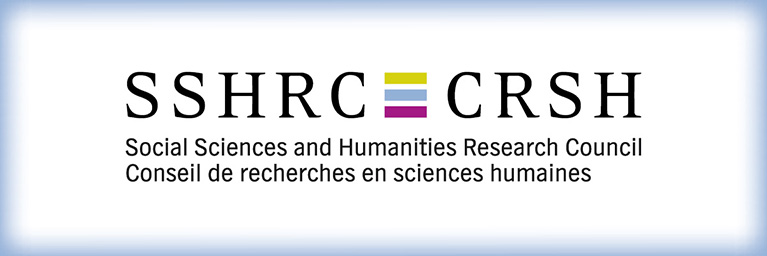PROJECT SUMMARY
Mapping for Change
How do participatory maps impact people's lives? How do we recognize and articulate these impacts? Participatory mapping is a widely embraced but under-evaluated practice used throughout the world by communities, researchers, community development practitioners and government.

Participatory mapping is a process that supports local stakeholders to create maps, which in turn are used to communicate a community's knowledge, relationship and experiences of a place. The practice of participatory mapping recognizes that community members are the best source of information about the use of their lands and how changes to these lands impact their livelihoods.
To date, research that critically examines the benefits of participatory mapping has been anecdotal, short-term or concurrent with a given project. Beyond the immediate project activities and outcomes, little is known about the long-term social justice impacts, the unanticipated outcomes, or how different participants recognize and articulate social justice impacts from their own experience. We propose to examine the social justice impacts of participatory mapping to better understand how its practice can create lasting changes in addressing inequity, overcoming structural barriers and contributing to individual rights and collective good.
Our international and interdisciplinary research team will train and mentor two graduate students in qualitative Action Research methodologies, as well as fieldwork practice related to participatory mapping. We will consult and collaborate with international experts to identify three participatory mapping projects that are considered the most influential throughout the world over the past 25 years. We refer to these significant projects as exemplars.
We will explore how social justice impacts are recognized and communicated about these exemplars through articles, reports and other project-related documentation. We will conduct site visits to the three exemplars. We will identify and interview key individuals, both project organizers and community members, involved in the projects and compare the social justice impact written about them with change that is recognizable in those communities today. We will explore the obvious and disguised, the positive and negative, as well as the direct and indirect impacts of these participatory mapping processes.
Guided by the principles of Action Research, this project will give interviewees, both international experts and participants involved in the exemplar projects, the opportunity to reflect on the social justice impacts of their work and re-examine their own practice.
Our project will create a new body of knowledge that evaluates a common research method and development practice. We will disseminate the research findings through a project website, journal articles, conference presentations and a book published with UBC Press. Findings will be made available to all project participants, and where appropriate in their own language. These project results will help guide communities, funding agencies, development practitioners and researchers across Canada and around the globe as they undertake their own projects. Thus, our research will directly contribute to making participatory mapping practice more robust and impactful. This in turn will create lasting positive changes through giving the participants of participatory mapping projects a greater voice in addressing inequity, overcoming structural barriers and contributing to individual rights and collective good.
Funders
This project is funded by a Social Sciences and Research Council of Canada Insight Grant. It involves collaboration between the University of British Columbia and Carleton University in Canada, and the University of Utrecht in the Netherlands.

